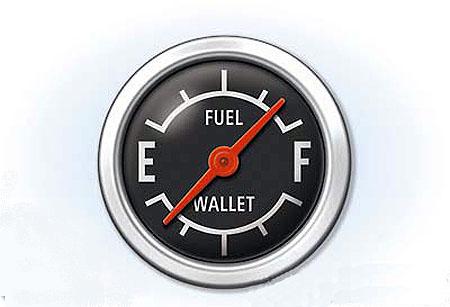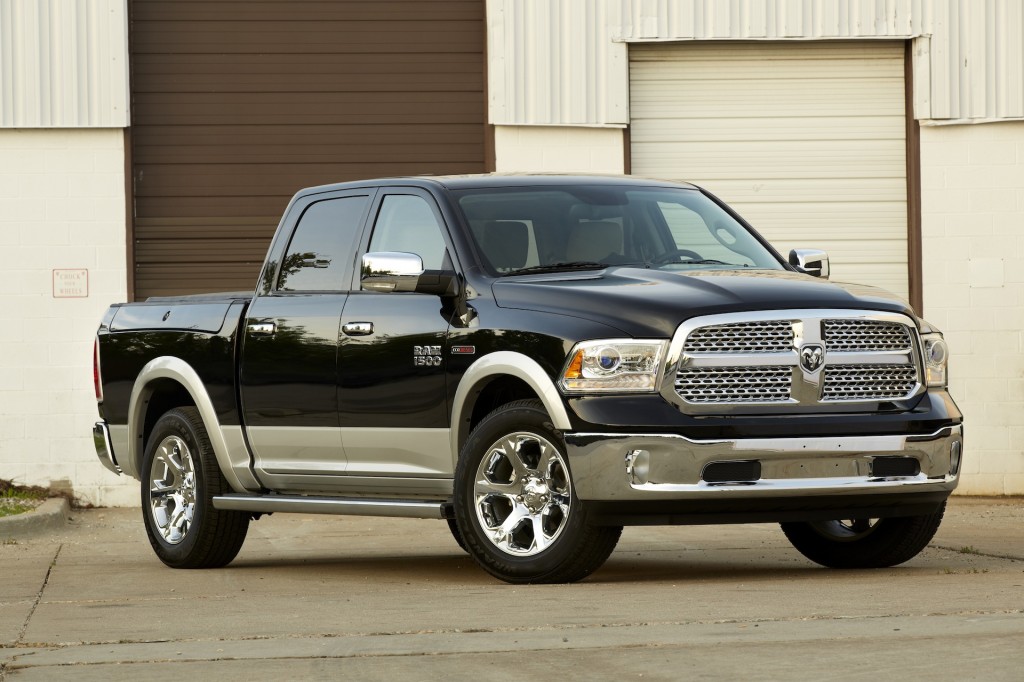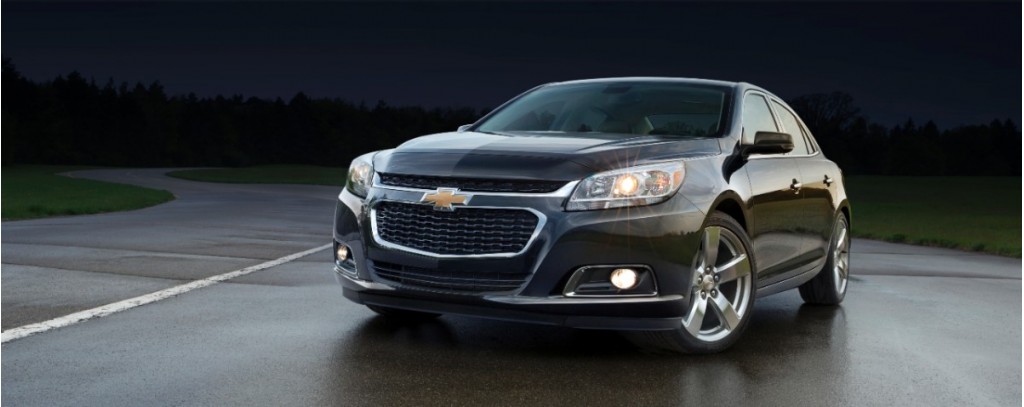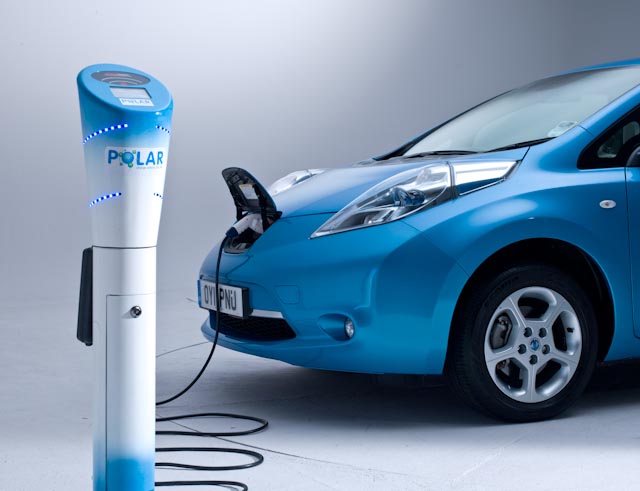
Gas gauge
Gas mileage has gotten far more important in new-car choices over the last 10 years, and that's not likely to change.
But not everyone really understands automobile efficiency--or how to maximize their mileage--and which tactics will really save them money.
Here's our cheat sheet.
(1) Your driving style matters (and so does your highway speed).
You know how they say "Your mileage may vary"? The way you drive is one of the major variants.
MORE: Hybrid Driving Tips: Maximize MPGs, Minimize Cost
If you want to save money on gas, drive as if there's an egg between your foot and the accelerator pedal: Accelerate gently and smoothly, and look several cars ahead so that if you're going to need to slow down, you can lift off and let your car coast up to a light or stop sign.

Man clocks fastest speeding offence in UK history
Any time you have to brake, you've wasted more gas than if your car rolls up to the stop sign and ends up stopping right at the line of its own accord.
Stay safe and be very mindful of surrounding traffic when you drive this way, though--there are a whole lot of impatient, aggressive drivers out there.
Once you nail the smooth driving, focus on your highway speed. The energy required to push a car through air resistance rises almost exponentially above about 45 mph--so going from 60 to 75 mph costs you a lot more than the "same" 15-mph increase from 45 to 60 mph.
Try driving the speed limit on highways for a week--instead of 12 mph over--and see how much gas money you'll save. You may be surprised. Just remember: Do it in the right-hand lane, not the fast lane!

2014 Ram 1500 EcoDiesel
(2) Improving a low number saves more gas (and money) than improving a high number.
It saves way more gas money to improve a car from 10 to 20 miles per gallon than it does to go from 33 to 50 mpg. (Here's the math.)
But most Americans surveyed think the opposite is true; they get gas mileage exactly backwards.
While a 50-mpg Toyota Prius hybrid will give you great bragging rights, if you move up from a 33-mpg compact car, you're only saving 1 gallon every 100 miles.
If you can replace your old 10-mpg truck with a new 20-mpg pickup, you'll save 5 gallons 10 gallons every 100 miles. You do the math on that one.

2014 Chevrolet Malibu
(3) Any new car gets better gas mileage than the same car 10 years ago.
After years of stagnation, new corporate average fuel-economy regulations came into effect a few years ago.
For the next 11 years, the average gas mileage of new vehicles sold in the U.S. must rise each year--to an average of 54.5 mpg in 2025, which translates to about 42 mpg on the window sticker.
MORE: EPA Offers Gas Mileage Window Stickers, Embeds For Selling Used Cars
That's well below what the current 2013 Toyota Prius achieves, never mind the more efficient model coming in 2015, but it applies across all vehicles--including those pickup trucks.

Gas gauge
And it's working, too: The average gas mileage of new cars sold has never been higher.
Take the mid-size Chevrolet Malibu sedan, for instance.
In 2004, the best combined gas-mileage rating for any model of Malibu was 25 mpg. Now, the highest-rated 2014 Chevrolet Malibu gets 29 mpg--with or without the Eco mild-hybrid option.
And gas-mileage ratings for pretty much all new vehicles will continue to go slightly higher every year for the next decade.
That means that every new car you buy in the future will be more fuel-efficient than a similar car today (not to mention safer and most likely with more standard features).

'Hybrids Can Save You Money' screenshot from FuelEconomy.gov website
(4) EPA ratings and real-world results are two different things.
Your mileage may vary, and it usually does. But the differences between EPA-rated gas mileage and real-world results varies a lot across manufacturers.
Comparing real-world mileage for Ford, Honda, and Toyota cars, we found Honda to do better than its EPA combined ratings, Toyota to be slightly lower--and Ford to be significantly worse in its latest 2013 hybrids and EcoBoost models.
To save yourself money, compare the real-world results for cars you're considering to their EPA ratings on both Fuelly and the "Our Users' Average MPG" link for each model on the EPA's FuelEconomy.gov site.
If a car you're thinking of buying is delivering real-world mileage that's 20 percent lower than its EPA combined rating, that's another 25 percent added to your fuel costs each year.
MORE: Real-World Gas Mileage Moving Away From EPA Ratings: Report
At 15,000 miles a year, if a car is rated at 30 mpg combined but only gets 24 mpg (using $4-per-gallon gasoline), that's an extra $1,000 you'll pay every two years.

Polar Charging Post and Nissan Leaf
(5) Plug-in electric cars are much, much cheaper to run per mile.
Do you know what you pay per kilowatt-hour? Most people don't, but the U.S. average is around 12 cents.
Most plug-in electric cars get 3 to 4 miles per kWh, depending on speed and driving style, when they're running all-electric.
So driving 100 miles on grid electricity might cost you around $4--whereas in a 25-mpg car using $4-per-gallon gasoline, that would cost you $16.
See the advantage?
Sure, plug-in cars are pricier today--but they're way cheaper to run. Do the math for yourself, and see if you could save enough gasoline to offset the higher price.
It doesn't work for many people today, but it does for some--especially if they have workplace charging as well as overnight charging at home.
MORE: Are Electric Cars A Sales Failure, Or Sold Out Due To Demand?
Electric cars are also nicer to drive, most owners say.
The costs of electric cars will fall over the next decade and beyond, meaning that you should at least consider an electric alternative each time you buy a new car.
_______________________________________________













